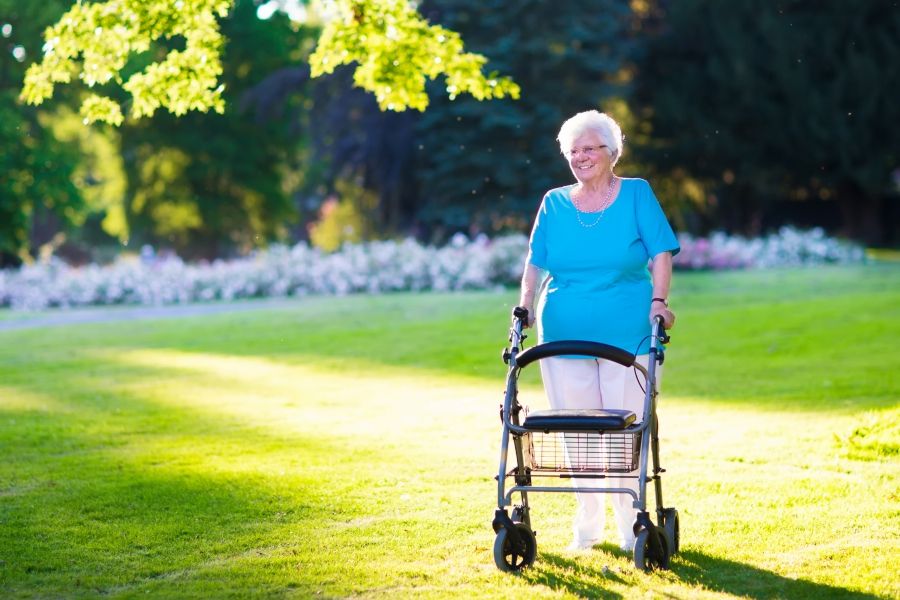When people think of global positioning technology, they often associate it with a car GPS tracking device. But there are many other applications for this kind of tech, and one of them involves the safety of elderly people afflicted with dementia.
Approximately 5.4 million people have been diagnosed with Alzheimer’s Disease. Of those, 5.2 million are aged 65 years and older. When this disease afflicts them, it can start creating cognitive impairment. People can start to forget memories from their past, how to live independently, and fail to recognize loved ones. Making matters worse, the disease can cause patients to wander, and they can become disoriented and get lost very easily.

